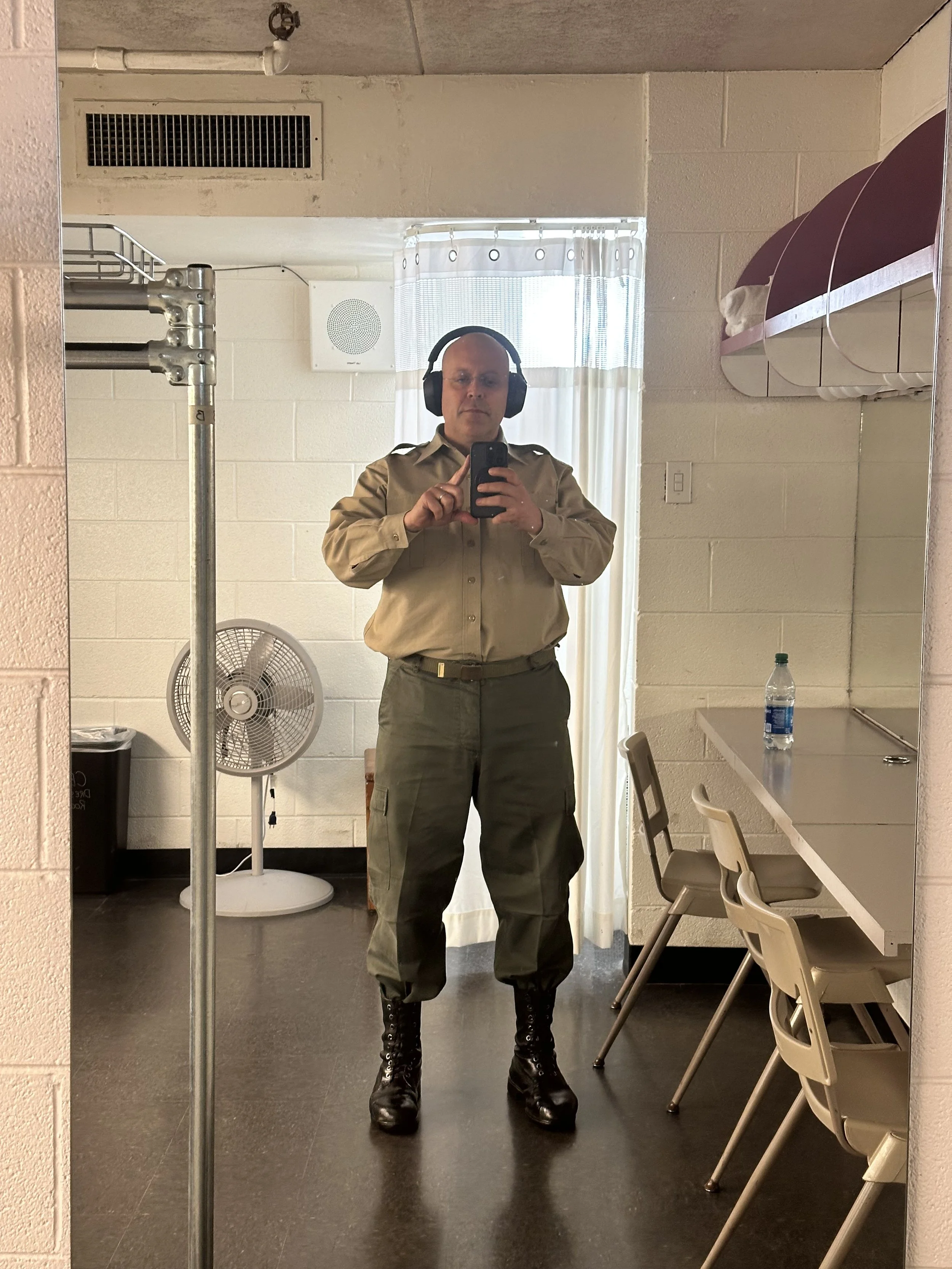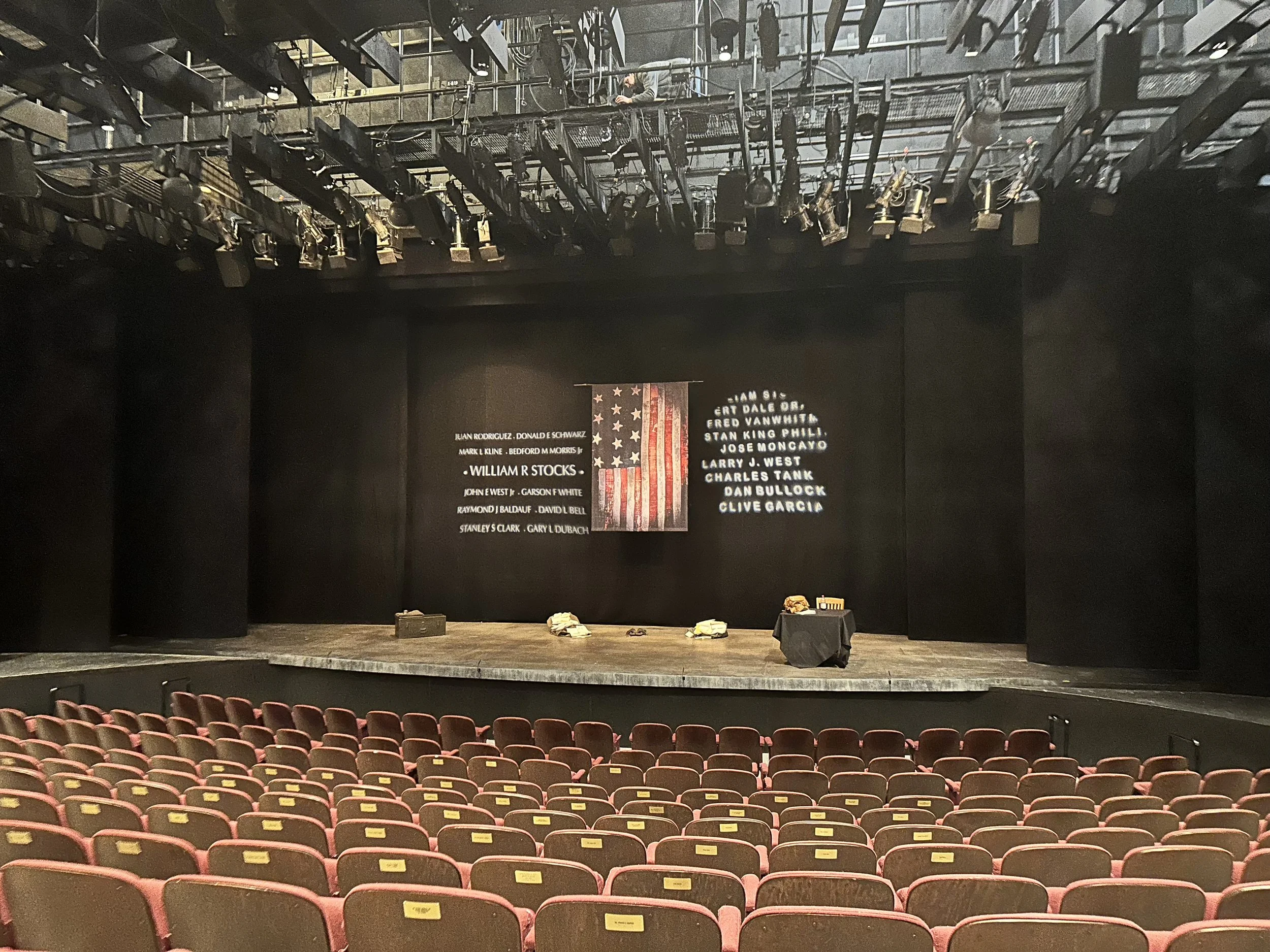Theatre As An Instrument Of Change: Unveiling the Transformative Power of the Stage
In the realm of the arts, theatre stands as a formidable force, not merely as a platform for entertainment but as a catalyst for societal metamorphosis. From the ancient Greek amphitheaters to the contemporary stages of Broadway, the theater has wielded its influence, shaping narratives, challenging conventions, and igniting conversations that reverberate far beyond the proscenium arch. In this exploration, we delve into the profound role of theatre as an instrument of change, delving into its ability to provoke introspection, inspire action, and redefine perceptions.
Provoking Introspection: Theatre, at its core, is a mirror reflecting the human experience. It invites audiences to confront uncomfortable truths, grapple with complex emotions, and traverse the depths of the human psyche. Through compelling storytelling and evocative performances, theatre has the power to peel back layers of societal norms, exposing the raw essence of our shared humanity. Whether exploring themes of injustice, inequality, or personal struggle, the stage serves as a crucible for introspection, prompting audiences to question, reflect, and, ultimately, evolve.
Inspiring Action: Beyond mere reflection, theatre can galvanize action. Through narratives of resilience, resistance, and redemption, it empowers individuals to become agents of change in their lives and communities. From the rallying cries of political dramas to the quiet revolution of intimate character studies, theatre instills a sense of agency, reminding us that even the smallest actions can spark monumental change. As audiences witness the triumphs and tribulations of characters on stage, they are encouraged to confront injustice, champion empathy, and strive for a better tomorrow.
Redefining Perceptions: Theatre has the power to reshape perceptions and broaden horizons. By amplifying marginalized voices, challenging stereotypes, and celebrating diversity, it fosters a more inclusive and empathetic society. Through the lens of the stage, audiences are invited into worlds beyond their own, cultivating understanding, compassion, and a renewed sense of shared humanity. Theatre is a unifying force in an era marked by division and discord, bridging divides and fostering dialogue across cultural, social, and ideological boundaries.
In the words of renowned playwright August Wilson, "Theater is a way of understanding who we are and how we got to be who we are." Indeed, theatre is not merely a form of entertainment but a profound instrument of change, capable of illuminating the darkest corners of the human experience and inspiring the brightest aspirations of the human spirit. As we continue to navigate the complexities of our world, let us embrace the transformative power of theatre, recognizing its capacity to provoke introspection, inspire action, and redefine perceptions. In the calm darkness of the auditorium, amidst the echo of applause, we find not only entertainment but enlightenment, not only diversion but direction. Let us heed the call of the stage and embark on a journey of discovery, empathy, and change.
My Performance at the University of Tennessee:
I'm always moved by the response from veterans and military families. However, it becomes deeper and more meaningful when younger people are exposed to the play. These quotes show the importance of our American history, the impact our history has when younger people are exposed to it, and their emotional responses to it. The better they understand the sacrifices made by warriors like Jeff and Nancy, the better they love our country. The stories touch people's hearts and open people's minds.
"I'm an international student who came to this country five or six months ago. I don't have many words to explain how moved I am by everything this country has gone through."
"I got very emotional learning about America's history. I really hope he keeps going on and keeps telling these amazing stories."
"It was very special how he did Nancy and Jeff. He brought them to life, and they had a strong impact on me."
"You use a glass mirror to see your face, but you use works of art to see your soul."
-George Bernard Shaw



